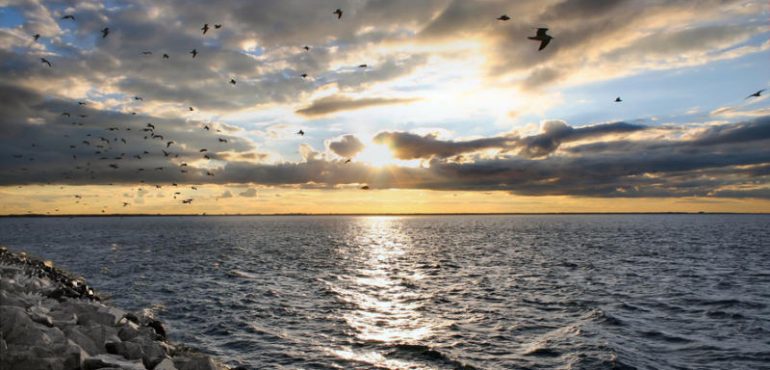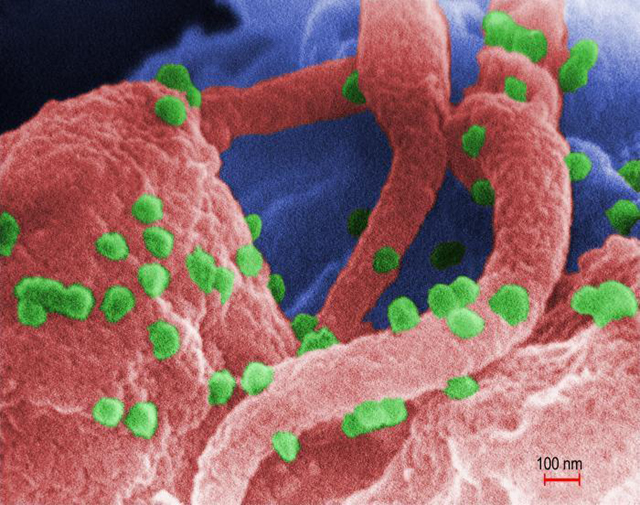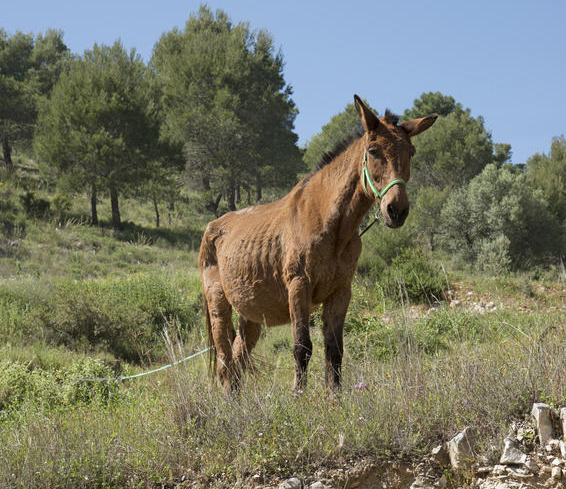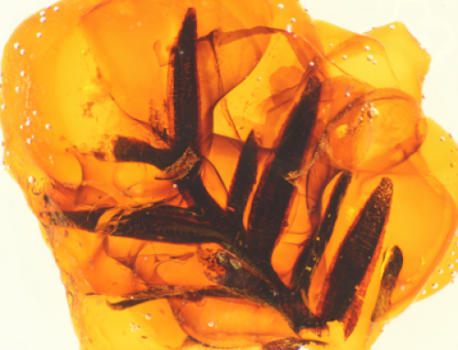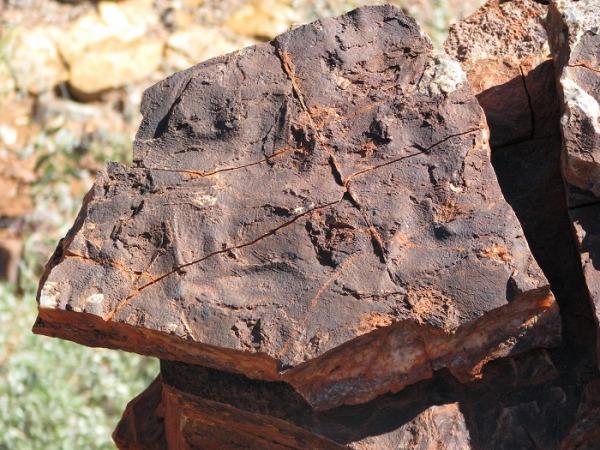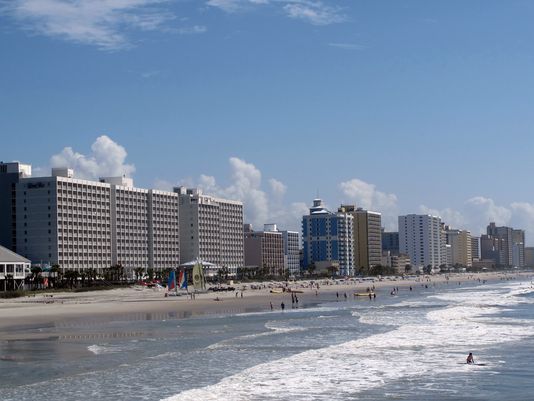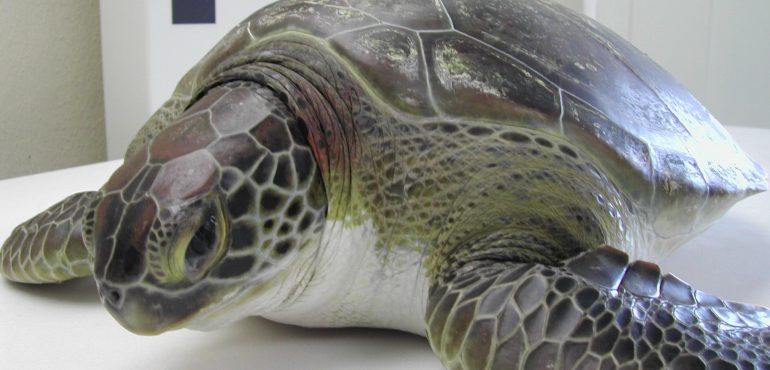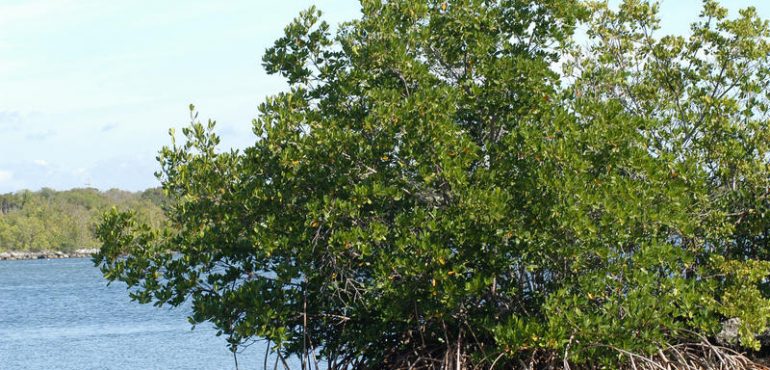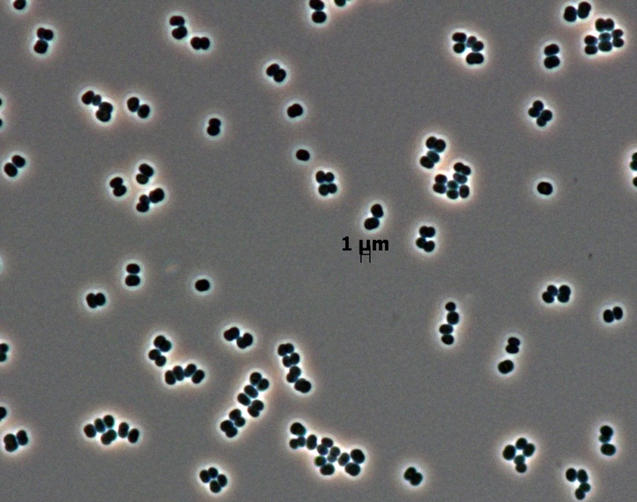USGS scientists have determined that high-salinity groundwater found more than 1,000 meters (0.6 mi.) deep under the Chesapeake Bay is actually remnant water from the Early Cretaceous North Atlantic Sea and is probably 100-145 million years old. This is the oldest sizeable body of seawater to be identified worldwide. Twice as salty as modern seawater,…
Read more
Oldest Large Body of Ancient Seawater Identified Under Chesapeake Bay
